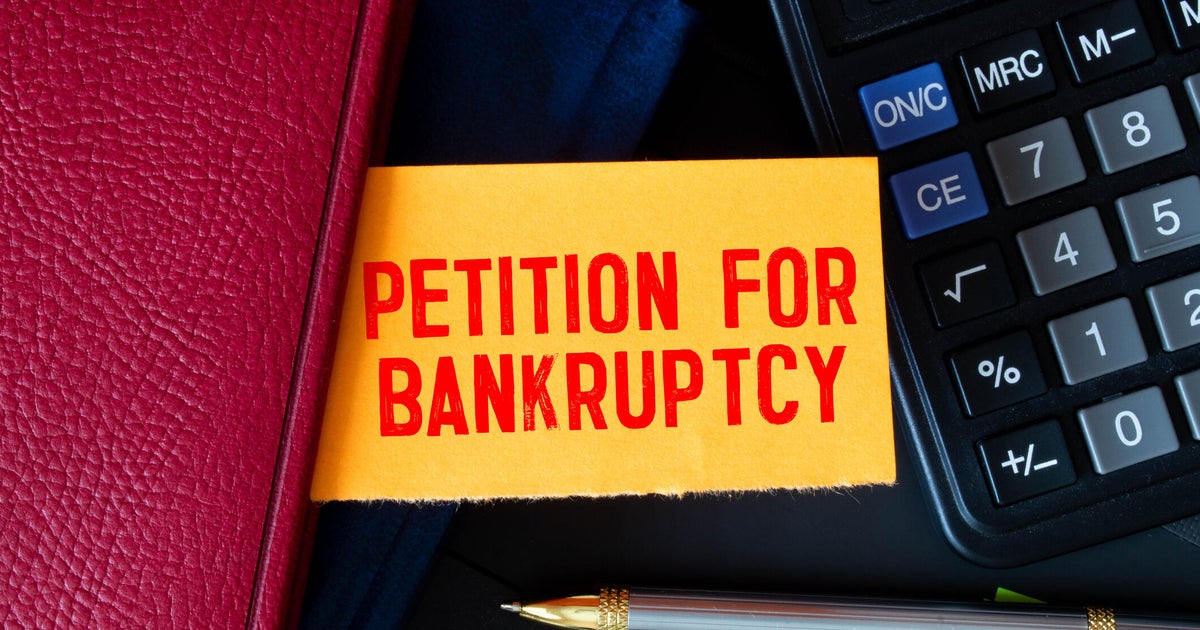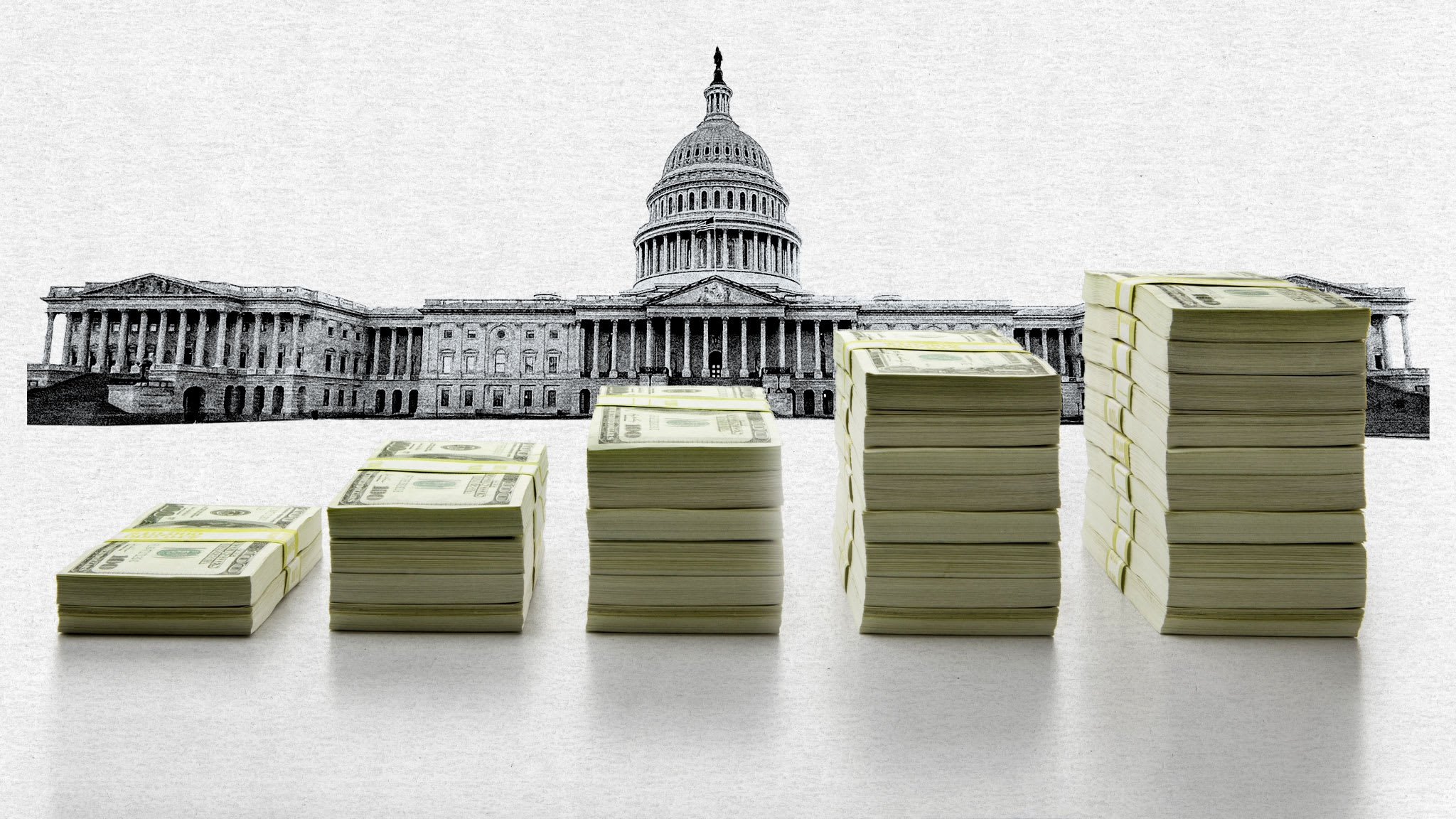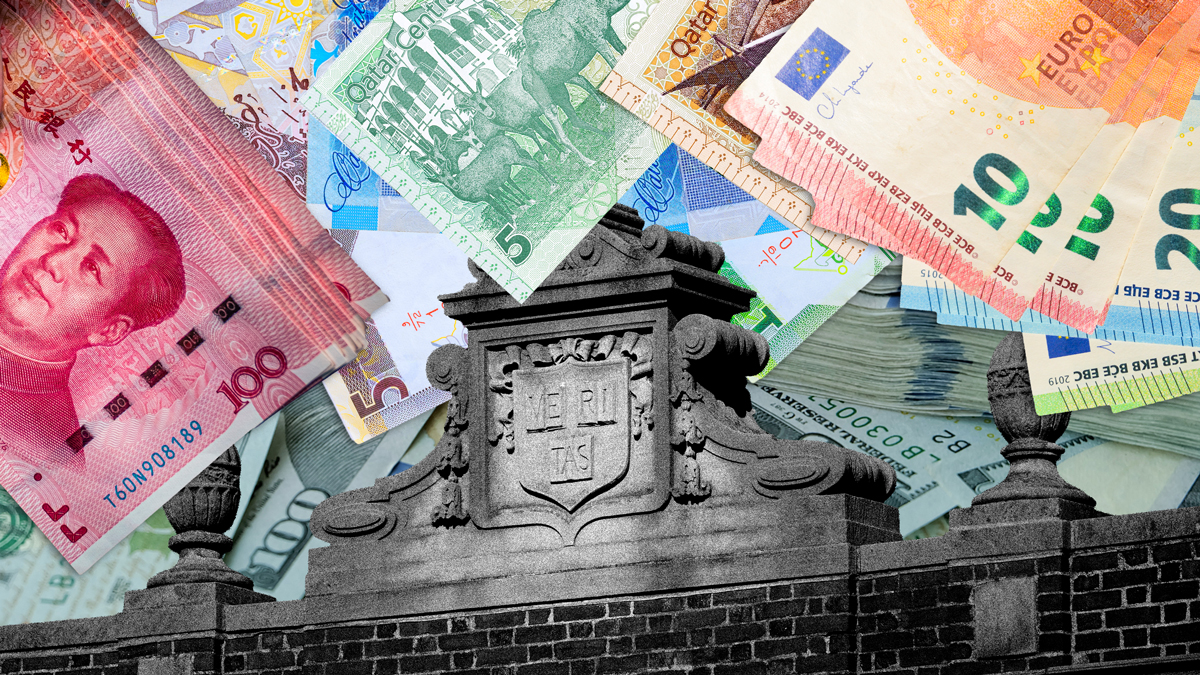Credit card debt hits a record $1.14 trillion. Here's how to get rid of yours now.
Americans are, unfortunately, no strangers to credit card debt, and a new Federal Reserve Bank of New York report shows just how quickly those problems are compounding. The total credit card debt nationwide hit a record $1.14 trillion in the second quarter of 2024, according to the report — up by about $27 billion compared to just one year ago. That represents a nearly 6% increase year-over-year.
Adding to the concern is a rising tide of delinquencies among cardholders. Approximately 7.18% of credit card users fell behind on their payments in Q2 2024, according to the report, an increase of over 2% from the previous quarter. This surge in delinquencies indicates a growing number of cardholders are struggling to keep up with their payments at a time when the average card rate hovers near 24%.
If you've been watching your credit card balances grow recently, or if you're one of the many who's unable to keep up with your credit card payments, it's important to take steps now to get rid of your credit card debt. And, while that can seem challenging, there are a few simple ways you can do that.
Want to learn about your debt relief options? Find out more here.
How to get rid of your credit card debt now
The following strategies could make it easier to eliminate your credit card debt:
Negotiate with your credit card company
One of the most straightforward approaches to tackling your debt is to start a dialogue with your credit card issuer. Many companies are willing to work with cardholders to find mutually beneficial solutions, like lowering your interest rate or reducing fees. While that may not seem like much relief, remember that even a small reduction in your interest rate can lead to significant savings over time.
When you reach out to your card issuer, be prepared to explain your financial situation. And, if you have a good payment record, use this as leverage during the conversation. You might be surprised by what your issuer is willing to offer, especially if they believe it will help keep you as a customer and prevent default.
Chat with a debt relief expert and start tackling your high-rate card debt today.
Consider a debt forgiveness program
For those struggling with substantial debt, a credit card debt forgiveness (or debt settlement) program might be worth exploring. These programs work by negotiating with your creditors to try and get them to accept a lump sum payment that's less than the full amount owed. The remaining amount of your balance is then "forgiven."
This can provide relief from overwhelming debt, but it's important to approach this option cautiously. Debt forgiveness can have consequences for your credit score and may come with tax implications. Not all creditors are willing to negotiate, either.
If you're considering this route, it can make sense to work with a reputable debt relief company. Not only do debt relief companies employ experts who are skilled in negotiations, but they can help you better understand the risks and benefits, too.
Consolidate your debt
By consolidating your debt, the goal is to combine multiple debts into a single, more manageable payment, often at a lower interest rate. This helps you save money on interest, allowing you to focus on paying down the principal more quickly.
There are several ways to consolidate debt, including debt consolidation loans that are offered by banks or credit unions. Or, if you're a homeowner, you might be able to leverage your home's equity to secure a home equity loan with a lower interest rate.
Another option is a debt consolidation program through a debt relief company. With this option, the money is borrowed from a lender partner of the debt relief company. In turn, the borrower requirements may be less strict, as these companies are well-versed in working with borrowers who have high debt-to-income ratios or other credit issues.
Utilize a debt management program
A debt management program is a structured repayment plan offered by credit counseling agencies. When you enroll in this type of program, the credit counseling agency works with your creditors to lower interest rates and possibly waive certain fees. You then make a single monthly payment to the agency, which distributes the funds to your creditors.
These programs typically last three to five years and can be an excellent option for those who need help but don't want to pursue more drastic measures. You'll generally need to close your credit card accounts as part of the program requirements, which can temporarily impact your credit score, but the long-term benefits often outweigh this short-term drawback.
The bottom line
Eliminating credit card debt is especially important in the current economic environment. Not only are rates high, but inflation and other economic hurdles could make it increasingly more difficult to tackle what you owe. Luckily, there are multiple debt-relief strategies to choose from, so find the one that best fits your situation. That way, you can regain control of your finances and work toward a debt-free future.






